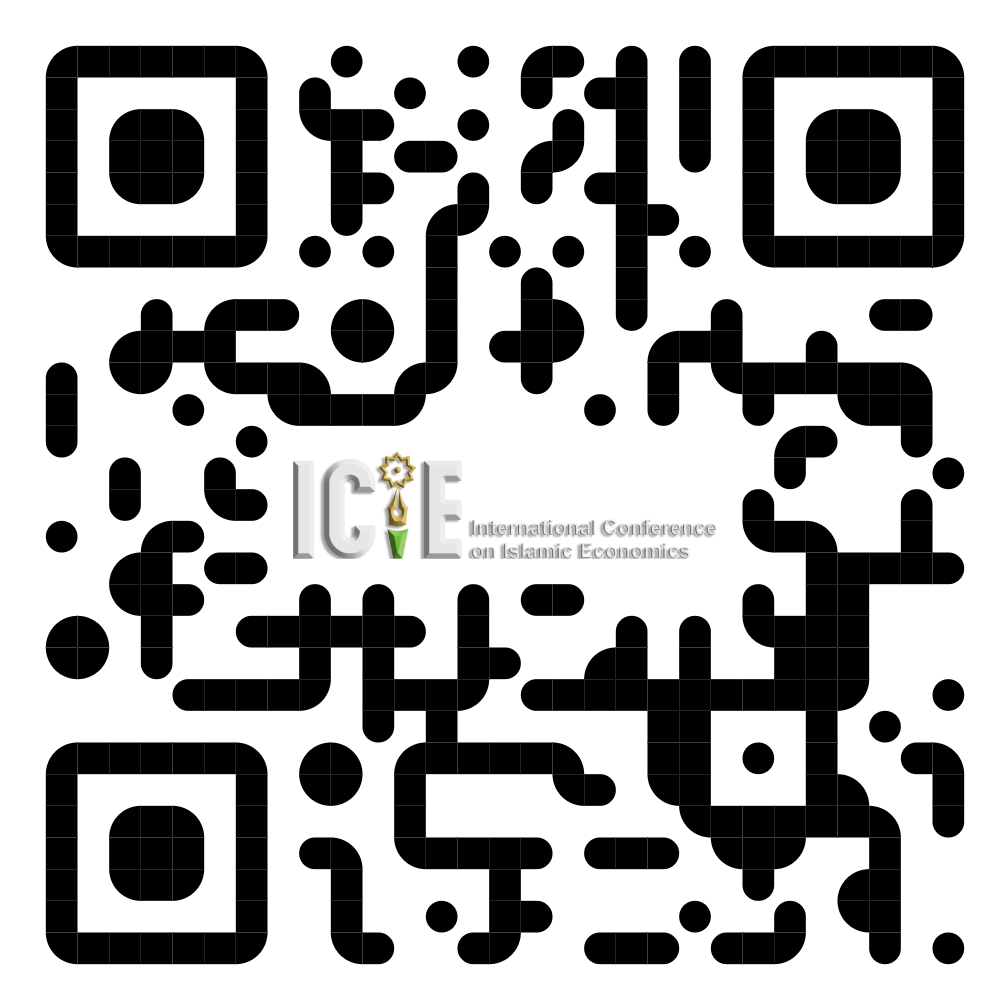Towards Sustainable Tourism: Integration Strategy in Rural Tourism and Coffee Agro-Tourism in Batang
Keywords:
coffee agrotourism, sustainable tourism development, village tourismAbstract
This study adopts grounded theory based on Strauss and Corbin's (1998) approach, integrated with a literature review to address gaps in research on sustainable management and coffee agrotourism in Batang Regency. The initial sample was purposively selected, involving in-depth interviews with various stakeholders such as farmers, traders, SME owners, and local government officials. Data were collected through semi-structured individual interviews and field observations in February, followed by telephone or Zoom interviews for time efficiency. This approach facilitated theory building from comprehensive data, identifying key themes and applying focused discussion guidelines.
The research findings indicate that agrotourism development in Batang holds significant potential to enhance local economy, preserve the environment, and promote cultural diversity. Managerial implications from this study include the need for improved coordination among local government, private sector, and community stakeholders in designing policies that support sustainable tourism development.




